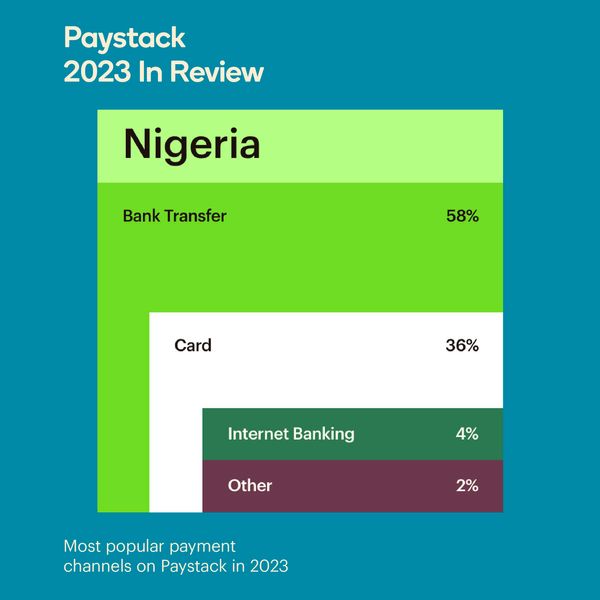If I asked any educated person reading this article if they had a bank account, the most likely answer would be yes. If I were to go further and ask if anyone received a monthly bank statement, the most likely answer would be yes. But, if I were to ask a third question about if anyone who said yes to the previous questions could read their bank statement, the answer would most likely be a resounding “No”.
The world is rife with people who have seen the four walls of a university, some having advanced skills in technology but, whole populations lacking financial literacy. Evidence has shown that despite varying education and income levels, educated people, well-accomplished and high earning individuals are just as ignorant about financial issues than their less educated counterparts. This goes to show that a lack of financial literacy affects people in developed and advance economies, as well as those who live in developing and Third World countries.
According to an article published by the Organization for Economic Co-operation and Development [OECD], people from all works of life have become so desensitized to financial literacy that they believe that any endeavour towards choosing financial investments or investigating topics around finances that will be beneficial to their financial future is more stressful than a visit to the dentist.
This proves that not only is financial ignorance prevalent in societies across the globe, but mass populations are resistant to financial literacy and often find activities involving financial literacy off-putting. So, how does this affect those guilty of a lack of financial literacy? For clarity, this article defines Financial Literacy is a combination of understanding financial products, concepts, and the confidence to appreciate financial risks and opportunities to make informed choices, and improve ones financial well-being.
Why is financial Literacy important?
Financial literacy, like all other forms of education, plays a big role in empowering individuals in taking calculated and informed steps towards achieving their positive financial outcomes.The benefits of financial literacy extend well beyond stronger household balance sheets to the promotion of a more resilient financial system and, ultimately, to the more efficient allocation of resources within the real economy.
Financial literacy is crucial for helping consumers to manage these factors and save enough to provide adequate income in retirement while avoiding high levels of debt that might result in bankruptcy, defaults, and foreclosures. It is also important to note that certain trends are making financial literacy important to you and me and in this article, we shall visit the three most important trends that are making financial literacy matter.
The financial effects of COVID- 19
Among the severe side effects of the pandemic, economic repercussions across the world and efforts to contain the spreading coronavirus have caused a surge in layoffs, resulting in the loss of jobs in a variety of industries, including restaurants, bars and entertainment venues, airlines, hotels, automakers and manufacturing. Low financial literacy has left millennials—the largest share of the workforce—unprepared for a severe financial crisis.
The financial environment is changing as technology is evolving and a fast pace
The world of Finance has adopted technology and fintech is on the rise catalysed purely by evolving human demands and advances in technology, fintech, and consumer involvement in financial trading has made the financial markets swifter and volatile. These factors have created considerable difficulty in helping individuals follow a financial roadmap.
The economic benefits of financial literacy The financial institutions and governments realize the economy benefits much more from a financial literate majority than a financial illiterate one. In any given society, financial literacy helps improve the efficiency and quality of financial services because consumers need a certain level of financial understanding in order to compare financial products such as bank accounts, savings, products, credits and loans options, insurance coverage and so forth. If financial service providers have a significant information advantage over consumers regarding the financial products and services offered, this can weaken financial markets.
Financial literacy is important because it is pretty much one of the things that will encompass just about every aspect of a person’s adult life; his/her marital life, and other important stages such as raising a family will be highly dependent on the availability of funds. It is also key to note that we are in a capitalist system and society, so everybody benefits from knowing and understanding their money to guarantee some levels of stability in the future.
In conclusion, any improvement in financial literacy will have a profound impact on consumers and their ability to provide for their future. Recent trends are making it all the more imperative that consumers understand basic finances because they are being asked to shoulder more of the burden of investment decisions, all while having to decipher more complex financial products and options.
The journey to becoming financially literate is not easy, but when mastered, it can ease life’s burdens tremendously.










